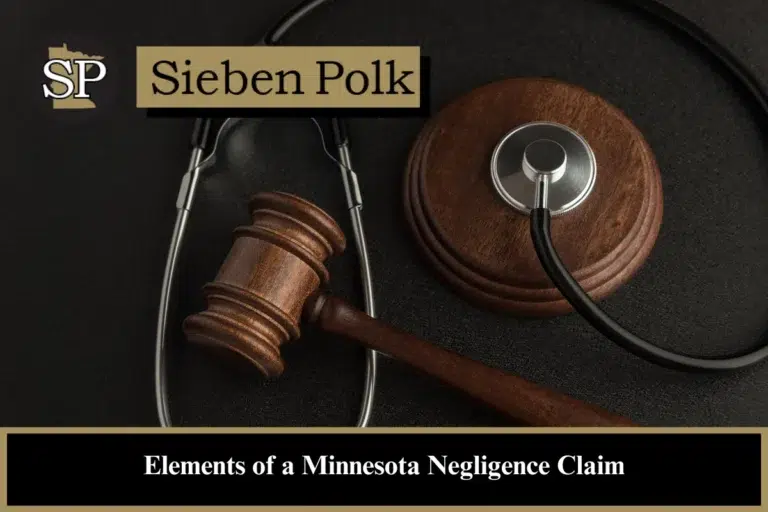Asbestos was commonly used in buildings until the 1970s due to its fire-retardant properties. Many older homes still contain asbestos, which can pose a health risk. Knowing where to look can help you identify potential asbestos hazards in an old house.
Common Locations of Asbestos in Older Homes
Asbestos was widely used in various parts of old houses. Below are the most common areas where asbestos may still be found:
Ductwork, Boilers, and Steam Pipes
In many older homes, the ductwork leading from an old furnace and the boilers themselves are insulated with asbestos. This includes old systems like the “octopus” furnace, where asbestos was often used for insulation to prevent fires.
Popcorn Ceilings and Other Textured Coatings
Popcorn ceilings were commonly used in older homes, often to cover ceiling defects. These textured coatings, including popcorn ceilings, may contain asbestos, posing a risk if disturbed.
Ceiling Tiles and Soundproofing
Older ceiling tiles, often used for access to wiring or to act as sound barriers, can contain asbestos. These tiles were also designed to slow the spread of fire in the event of an electrical fire.
Insulation
Old insulation materials often contained asbestos due to their fire-resistant properties. Vermiculite insulation, commonly found in attics, is known to contain asbestos and poses a significant risk if disturbed.
Roofing and Siding
Asbestos was a popular additive in cement-based materials, including shingles and siding, due to its fire-resistant qualities. Older roofs and sidings are common places where asbestos can still be found.
Textured Paint and Patching Compounds
Certain types of textured paint and patching compounds used in older homes may contain asbestos. This includes any paint that has a rough, grainy texture applied to walls and ceilings.
Floor Tiles and Flooring Adhesives
Vinyl, asphalt, and rubber floor tiles from older homes often contained asbestos. Additionally, the adhesives used to install these tiles may also contain asbestos, making it important to be cautious when renovating floors.
What to Do If You Suspect Asbestos in Your Home
If you suspect asbestos in your home, it’s crucial not to attempt removal on your own. Disturbing asbestos can release harmful fibers into the air. Always hire a professional asbestos removal service to handle the situation safely.
Asbestos Exposure and Legal Options
If you have been diagnosed with mesothelioma or asbestos-related lung cancer due to exposure, you should consult a Minnesota asbestos exposure attorney. Legal professionals can help you understand your options and protect your rights.




